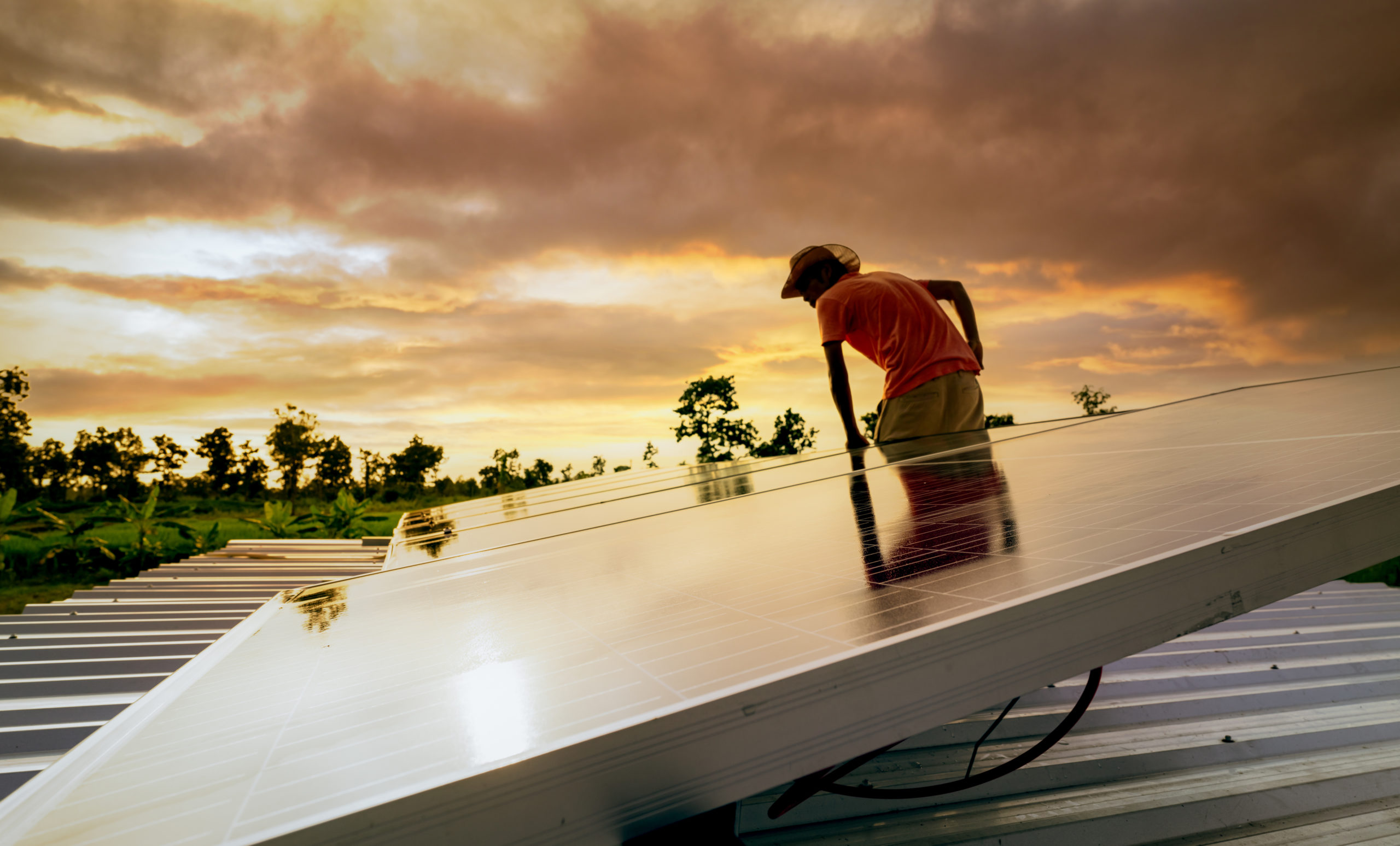




that addresses the system as a whole, through a range of strategies that move governments, businesses and society to action.
Anything less will not be enough.

In response to these barriers to adoption, ReNew2030 has defined seven levers to drive at national and trans-national level:






